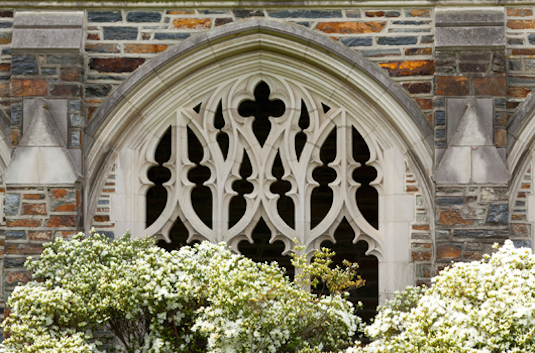Evidence for reinforcement learning signals in the climbing fiber pathway expands the possible repertoire of cerebellar learning rules

Classical models of cerebellar learning posit that climbing fibers operate according to a supervised learning rule to instruct changes in motor output by signaling the occurrence of movement errors. This model is grounded largely in studies of behaviors that utilize hardwired neural pathways to link sensory input to motor output. Yet, cerebellar output is also associated with non-motor behaviors, and recently with modulating reward association pathways in the VTA. Here, we test whether the supervised learning model applies to more flexible learning regimes and how the cerebellum processes reward related signals. We have used both classical and operant condition paradigms in combination with calcium imaging. In the operant conditioning paradigm we find that CFs are preferentially driven by and more time-locked to correctly executed movements and other task parameters that predict reward outcome in a manner consistent with an unsigned reinforcement learning rule. In the classical conditioning paradigm we find we find distinct climbing fiber responses in three lateral cerebellar regions that can each signal reward prediction, but not reward prediction errors per se. These instructional signals are well suited to guide cerebellar learning based on reward expectation and enable a cerebellar contribution to reward driven behaviors






